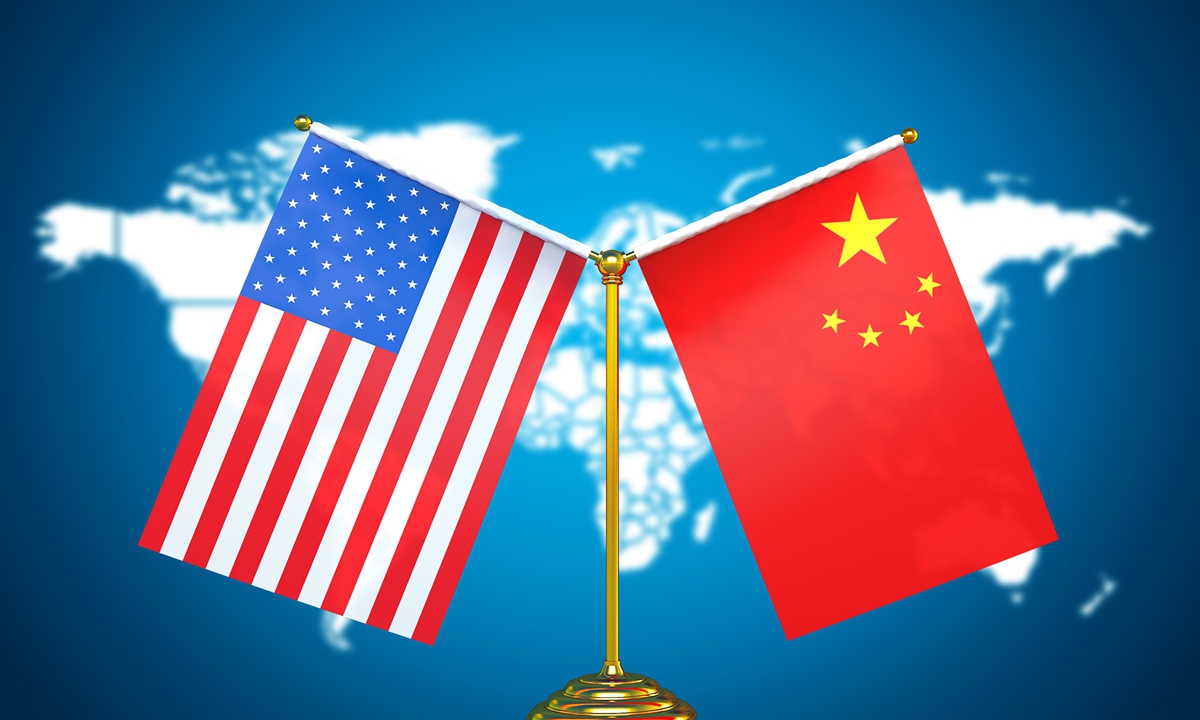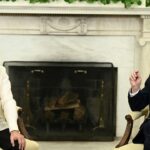In a letter to US Treasury Secretary Janet Yellen on Monday, Democratic Senator Joe Manchin, who chairs the Senate Energy Committee, raised concerns about media reports that Chinese battery companies are actively pursuing opportunities to take advantage of US electric vehicle (EV) tax credits, urging Yellen to adopt the “strictest possible standards” to prevent US tax credits from being “hijacked by adversaries engaging in mineral laundering,” Reuters reported.
At a time when hopes have risen that bilateral trade tensions could be eased through key talks of the top leaders from the two sides, Manchin’s letter may serve as a reminder that resolving the problems in China-US economic and trade relations remains a daunting and complicated task. Some in Washington are trying their best to fight the laws of economics as they are under the illusion that they can use political power and ideology to shape concerns in science and technology to force companies to make choices that deviate from the laws of business and avoid China cooperation. They are destined to give US industries a hard time against the general trend.
What Manchin referred to in the letter are rules that were enacted in the US to cut the American battery supply chains off from Chinese supplies. Starting from 2024, any battery components from a “Foreign Entity of Concern” (FEOC), including China, will disqualify a vehicle from the $3,750 credit; from 2025, any FEOC critical minerals will disqualify a vehicle from the $3,750 critical mineral credit.
Chinese companies have developed cost-efficient emission reduction technologies, gradually coming to the forefront of some new-energy sectors, and China has become an indispensable part of the global EV industry chain. Yet some politicians in Washington chose to block Chinese companies from entering the US green and EV industry chains over so-called security reasons, which is both paranoid and self-defeating for their own industry. If Chinese companies cannot enter the US industry chain in a manner consistent with US rules, then on what grounds can US companies demand more access to the Chinese market?
The fundamental solution to climate change is to promote the transition to green and low-carbon development, which is inevitably leading to increasing competition in related high-tech areas. But the competition doesn’t mean that the US can demand cooperation from China while at the same time continuously suppressing and containing China’s high-tech industry. After all, the Earth does not revolve around the US.
Economic and trade cooperation between China and the US must be reciprocal. If the US is allowed to define the meaning of bilateral cooperation at will while continuing its high-tech crackdown on China, negative energy between the two sides will increase, which will not serve the interests of either side.
It is undeniable that there has been a marked increase in communications between senior officials from China and the US at various levels, demonstrating the common will of the two countries to stabilize bilateral relations, especially in economic and trade areas. This is certainly a welcome development for both sides, and for the world economy as a whole. But meaningful communication and coordination can only be achieved in a spirit of mutual respect, which is the key to creating favorable conditions for the sound development of bilateral economic and trade relations and the world’s economic recovery.













